By Valentine Iwenwanne
When Junaid Barakat’s waters broke just after midnight, instead of heading to a hospital she sought assistance from a non-medically qualified traditional birthing attendant.
She is one of the many Nigerian women turning to the old ways of giving birth during the coronavirus pandemic, driven by fears of contracting the virus in large health centres and a general mistrust of government hospitals.
“Unlike doctors in health centres, Alhaji Sulaiman Junaid (Her traditional birth attendant or TBA) is always available to attend to us anytime we come here,” Ms Barakat said. “And the spread of coronavirus is making things more difficult because most of these hospitals have attended to Covid-19 patients unknowingly.”
Nigeria has been plagued for years by a weak healthcare system, with inadequate investment and poor management. But now, the pandemic has put the system under even greater pressure.
Over 250 doctors have been exposed to the virus and several have died, while doctors in state-run hospitals walked out over inadequate personal protective equipment (PPE).
Many hospitals have also been closed or converted into isolation centres to handle Covid-19 cases. This has shut maternity wards, meaning a steep drop in antenatal visits.
Nigeria has recorded just 26,400 confirmed cases, with a little over 500 deaths. But in a country of over 200 million, the low number is likely due to limited testing.
Confirmed cases are still raising at several hundred a day and increasing but as lockdown measures are easing many appear to have normalised to the situation, raising fears that cases will rise rapidly.
Unlike doctors and nurses, birthing assistants have basic training. But in Lagos, government data attributes thousands of deliveries a year to the few hundred registered TBAs.
Many operate out of small “clinics” with rudimentary equipment, often converted offices or the face-me-I-face-you apartments that are common in Nigeria.
Mr Junaid’s birthing home in Epe, Lagos, has the delivery room and antenatal care room as well as a small office and a room to prepare agbo, a local term for herbs they brew that they believe will help with the delivery or to relieve abdominal pain or other pregnancy-related issues.
While there’s no medical evidence that agbo helps, many mothers swear by it. Agoro Mariam, an eight-month pregnant health worker at a private hospital in Epe, says she likes Mr Junaid’s agbowith fish as “this helps to make child delivery easy and quick”.
“I come every week for a dose of my agbo,” she told The National.
She says she prefers the traditional clinics to a hospital for her delivery because they offer psychosocial support, flexible payment methods and are more patient.
“I come here because it is safer and less expensive, unlike the hospital where you pay so much and you struggle to get the doctor’s attention. They are impatient and doesn’t care like Alhaji Sulaiman,” she explained.
Since the pandemic began, Mr Junaid has implemented the Nigeria Centre for Disease Control’s guideline for pregnant women. He checks the temperature of everyone entering his clinic and ensures social distancing. But he says he is worried.
“The rising numbers of pregnant mothers visiting my birthing home due to fear of the pandemic isn’t something I should be happy about,” he said. “I am worried by the prospect of having several pregnant mothers in labour at the same time.”
He is assisted by six other TBAs but with more mothers coming to him for care, he worries about fatalities. Giving birth in Nigeria is dangerous.
The country accounts for 14 per cent of the world’s maternal deaths and is the second-largest contributor to global deaths of children under-five.
While licensed TBAs like Mr Junaid say they keep a high level of cleanliness and professional standards, many are not registered. Those, doctors say, have a higher death rate.
The cheaper costs of TBAs is a major draw even in normal times, but not all have been to a TBA since the lockdown began.
Rose Elijah, a resident of Ikorodu just outside Lagos, was turned away from her local hospital while in labour as doctors said they could not guarantee they had not treated anyone with coronavirus.
After her husband Daniel insisted as his wife was “writhing in pain,” he was directed to buy new PPE equipment for the doctors from a nearby pharmacy at a cost of 6,000 Nigerian naira (Dh 57).
She was attended to and was delivered of a baby boy.
The #MakeOurHospitalWork health campaign by Dr Laz Ude-Eze, a public health physician and convener, says financial barriers, a lack of transportation, the lack of sufficient PPE and the need for social distancing have caused a sharp decrease in hospital visits, affecting maternal and childcare services.
“Few pregnant women want to visit the health care facility due to fear of being exposed to Covid-19, so most of them would have no option but to go to a TBAs,” said Dr Ude-Eze.
“When there is inadequate PPE, there could be a lot of barriers to child deliveries as Covid-19 continue to spread across communities.”
Source: The National











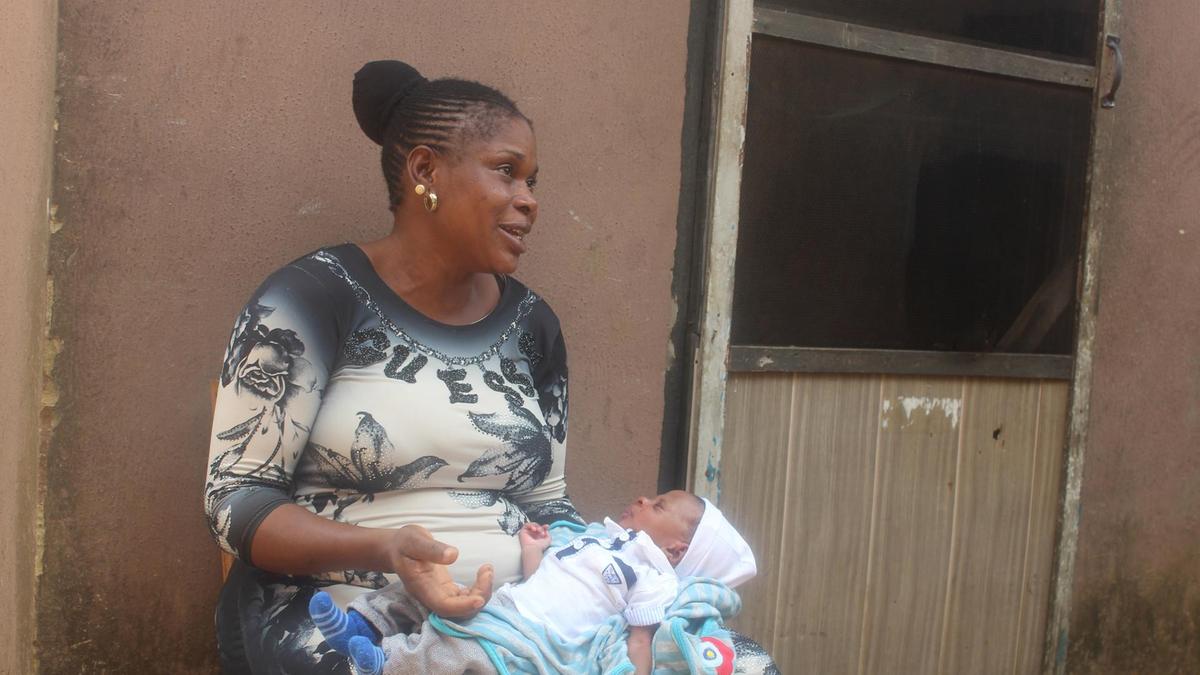







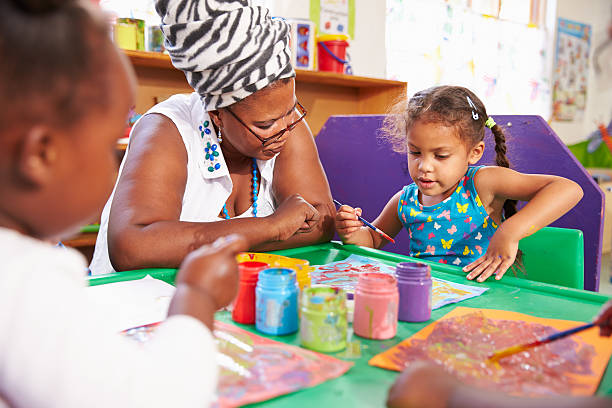





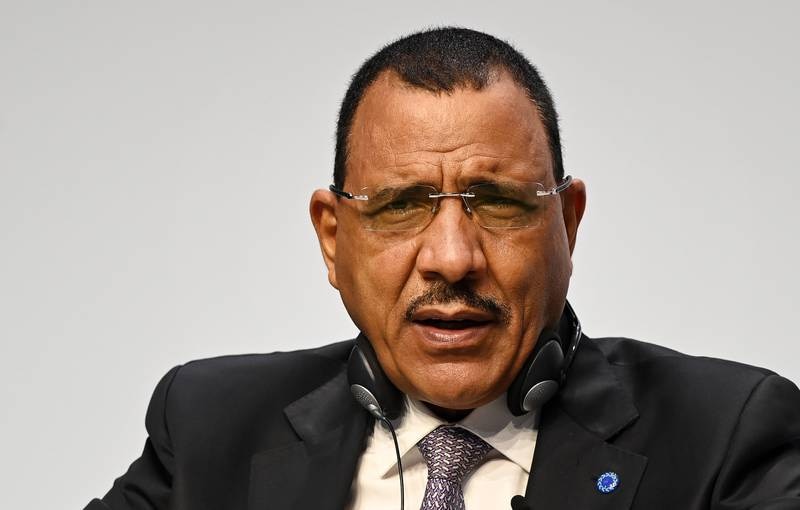







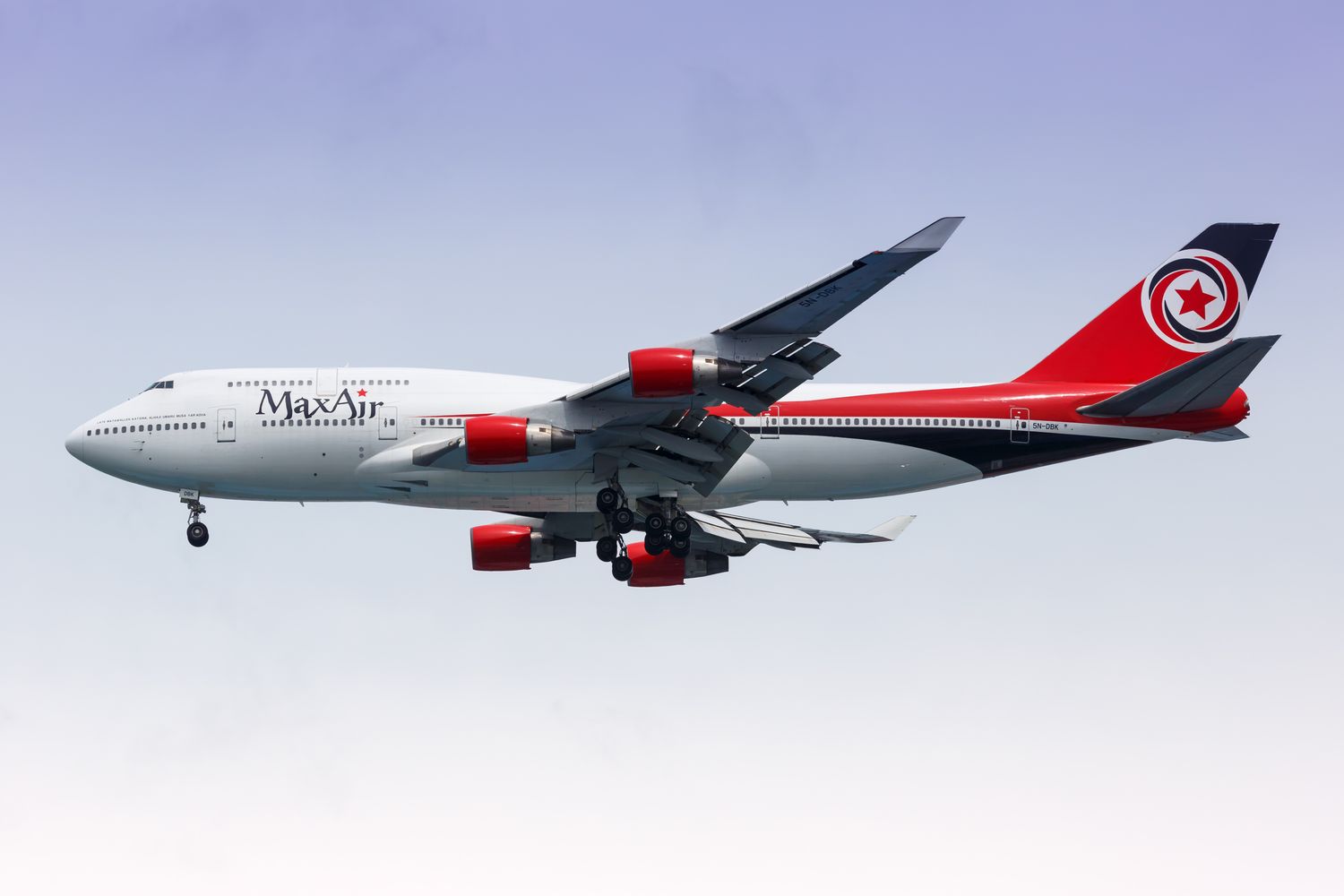

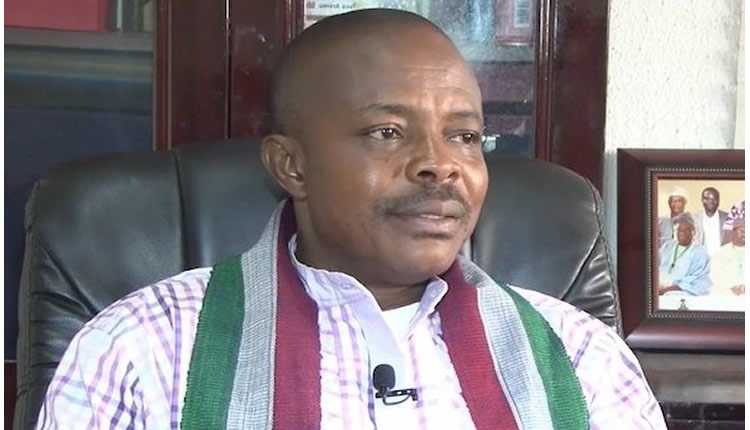



Leave a comment